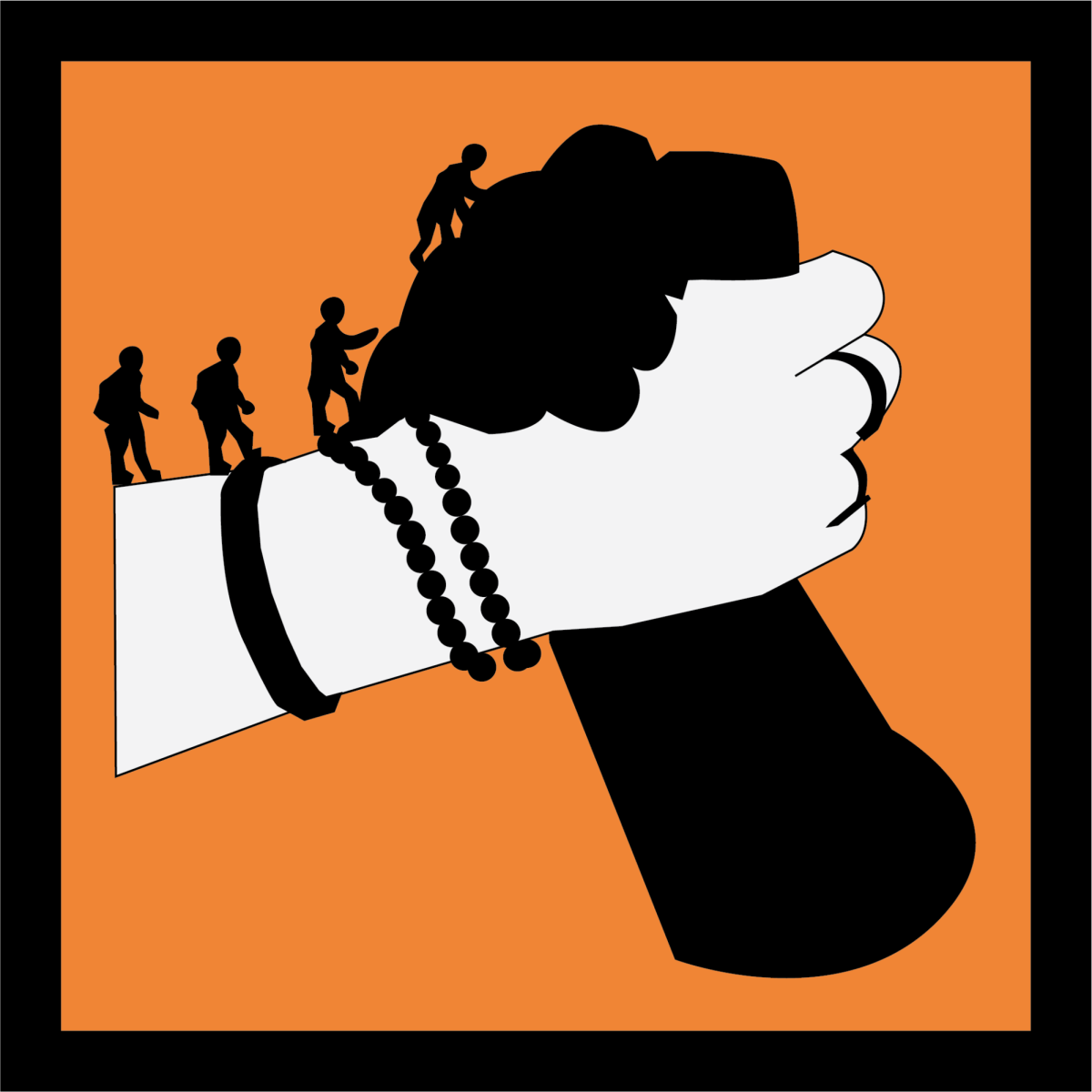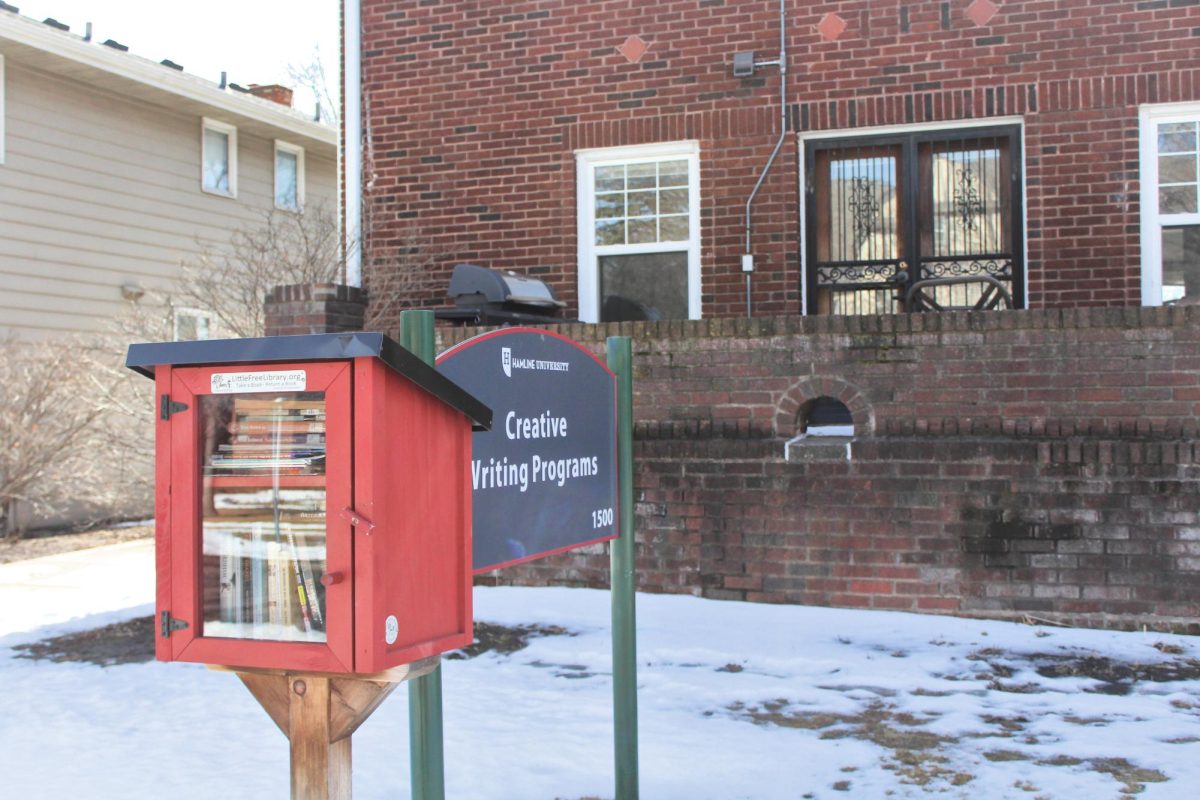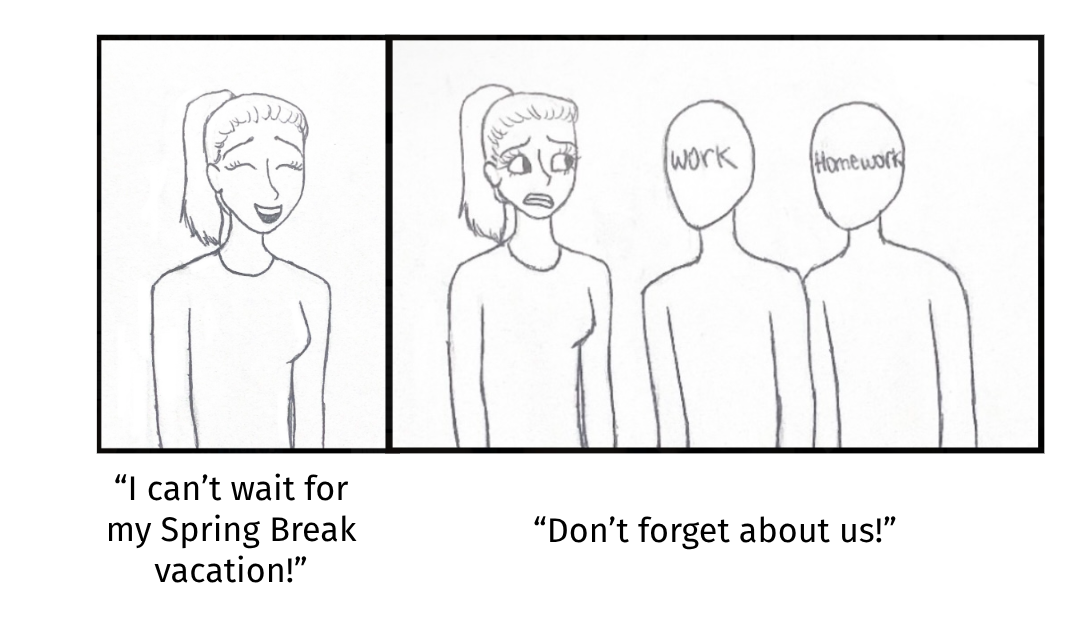On Tuesday, March 11, Hamline Pipers joined other college students at the Minnesota capitol as they advocated for Minnesota legislators and representatives to fully fund the Minnesota State Grant after the $210 million shortfall reduced the amount students receive.
The Minnesota Private College Council (MPCC) invited their 18 council member institutions and some of their students to a day to advocate for Minnesota Legislators and Representatives to pass Senate File 47, which would fully fund the Minnesota State Grant. This grant specifies that any Minnesota resident who filled out their Free Application for Federal Student Aid (FAFSA) and attends an in-state university is eligible to receive financial aid.
According to the MPCC State grant handout, 71,500 students across Minnesota receive the grant annually and about 20% of those recipients attend private nonprofit colleges.
Hamline University is just one of the 18 nonprofit universities that are a part of the council and were invited to the annual Day at the Capitol event hosted by the MPCC. While the event is hosted by the MPCC, Hamline students were informed about the event through the Inside Hamline newsletter and from the Director of Student Activities and Leadership Development, Patrick Haught. Both emails invited students to sign up and join the Hamline Undergraduate Student Congress (HUSC) at Day at the Capitol. Political Affairs Committee Chair and senior Alexandra Kretsch noted that the event will continue to occur annually, so long as there continues to be a need for student voices in state legislature.
“I believe that as long as there is a need for the State Capitol to advocate for private colleges and the state grant, I think we’ll continue to do it annually,” Kretsch said.
The day before the event, students were invited to an informational training session about what the Day at the Capitol is and were given a brief overview of the day’s itinerary. The training was led by MPCC Advocacy and Communications Coordinator Olivia Brammer, who served as one of the main points of contact for the students.
For Hamline students, the day started at 8:45 a.m. at Christ Lutheran Church where a morning brief was given as students collected their folders with information on navigating the Minnesota State Capitol. Attendees were also given a list of which legislators and representatives they were meeting throughout the day. Many students met with their hometown legislators and representatives, while students who live on campus or are from out of state met with District 66A Rep. Leigh Finke, whose district includes Hamline University.
In between meetings, students explored the Capitol by taking tours or on their own accord with students from other universities like St. Olaf College or Bethel University. As they attended their meetings, many shared their experiences either as a grant recipient or as a student who attends a private institution to their legislator or representative. HUSC Advocacy representative and sophomore Finnley Abbott explained that this opportunity was empowering as they took their educational and financial matters into their own hands.
“I think it was a really great opportunity to be able to actually go and talk to people who have so much power over our academics. It was a really cool opportunity, and I felt really empowered in being able to take my own education in my own hands in a kind of way,” Abbott said.
As the event concluded, students thanked their representatives and legislators for their time and left them a handout with facts the action needed from them. Students then left the Capitol grounds and traveled back to their respective institutions. Despite the event only taking place once a year, Kretsch urges students to continue letting legislators know the importance of the state grant.
“They could reach out to the Minnesota Private College Council (MPCC). They are the organization that hosted the event. So reaching out to them, they always have great resources and ways that you could help. Otherwise, the Capitol is generally open. You can go in and talk to legislators or find out which one is your legislator and reach out to them,” Kretsch said.

















